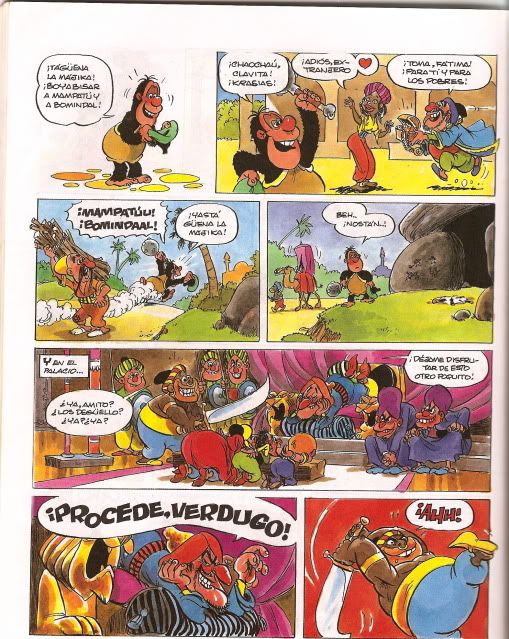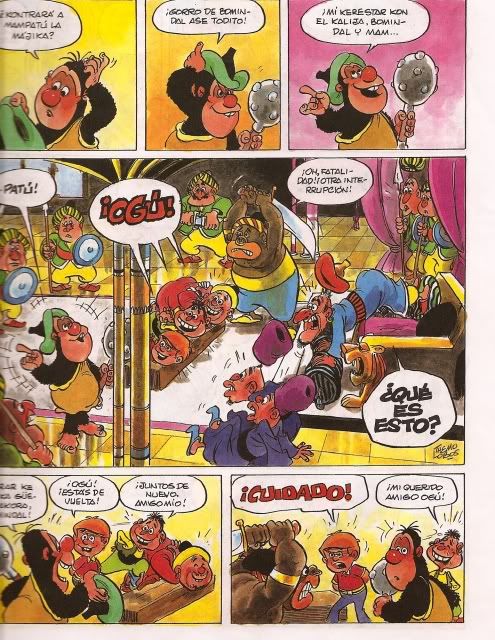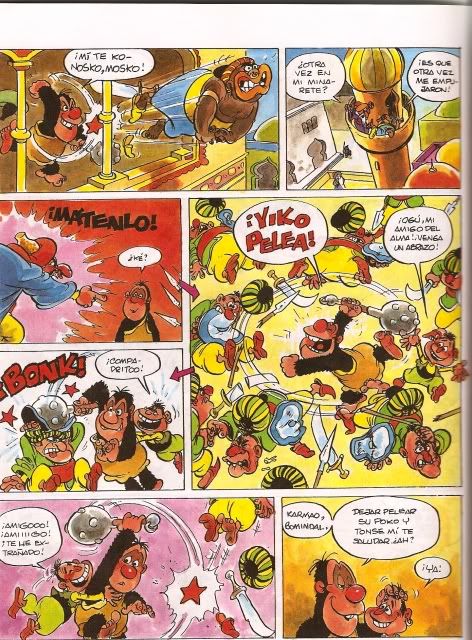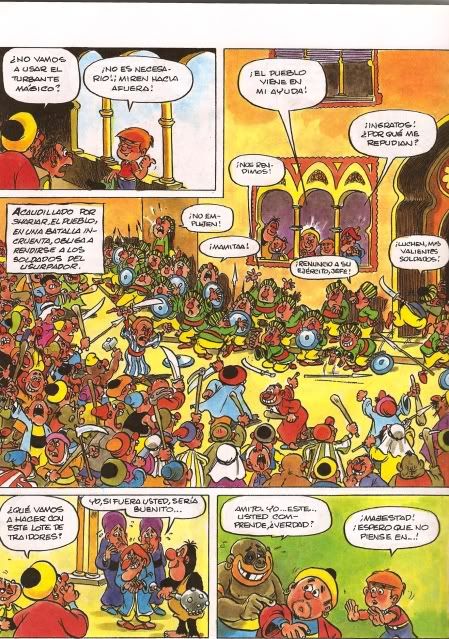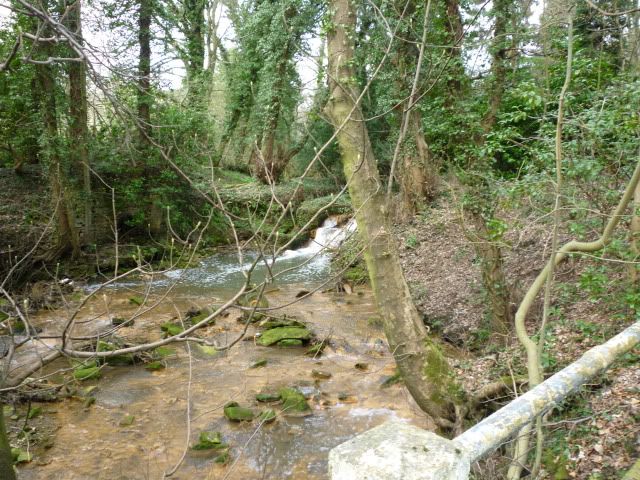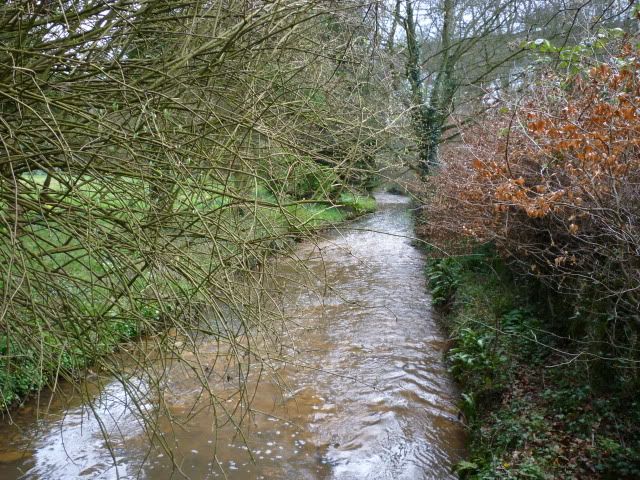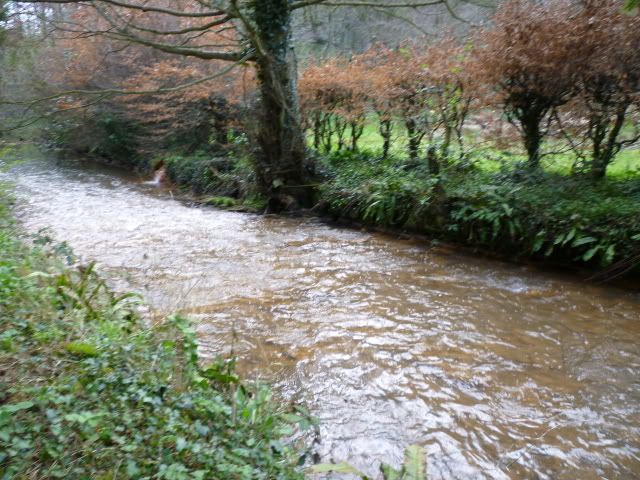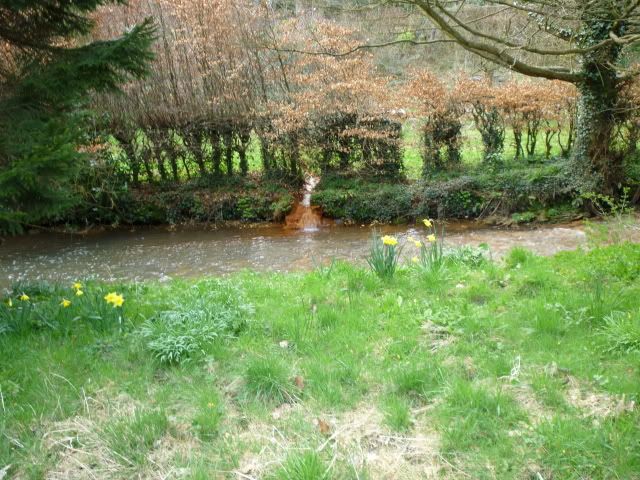John Zorn
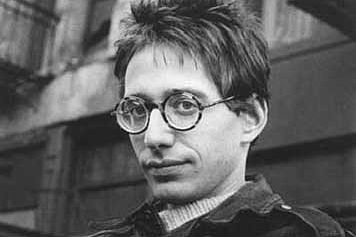
"My musical world is like a little prism. You look through it and it goes off in a million different directions. Since every genre is the same, all musicians should be equally respected. It doesn't matter if it's jazz, blues, or classical. They're all the same."
A concise or succinct overview of John Zorn's career is very difficult to write. That's why I'll do go through the surface, resulting in highly incomplete and inaccurate overview of his career. Zorn's music encompasses free jazz, modern classical music, pop, grindcore, film music and minimalism in all the space of a song which can range from a two minute ditty or a lengthy one hour piece. Not only is his music very complex and multi-faceted but he is very prolific as well, releasing more than six albums per year. Additionally, he doesn't promote his work and seldom gives interviews and this often leaves his most ardent followers perplexed and with the need to 'catch up'.
I really like Zorn's music, but I'm not one of these 'ardent followers'. Since this blog consists of everything I have an interest in, no matter how much of a connoisseur I am of a subject, I will write about it.
John Zorn was born in 1953 in New York, USA. Zorn grew up with a broad range of musical genres around him. Early on in his life he was fascinated by the cartoon music of Carl Stalling, and he would often tape episodes of Loony Toons just to hear the score without the images. The music would have erratic tempo shiftings and unprecedented time signatures, a recurring theme in Zorn's later music. He learned guitar, flute and piano early on. At a precociously young age he discovered modern and contemporary classical music; he has memories of discovering a record by Mauricio Kagel at the age of 15, and he played it to one of his friends who had gave him a reaction of utter shock and perplexity. Zorn's main instrument was to become alto saxophone and it was to remain his principal instrument for the rest of his career. He recorded music around this age, later to be released as First Recordings, and they are even whackier and woolier than the rest of his later output. He entered university to study music composition, but he became disillusioned by academia and dropped out. His most illuminating discovery around this period was free jazz, and he was very impressed by the discovery of the album For Alto by Anthony Braxton. This was, Zorn realised, the type of music he wanted to play.
After dropping out, John Zorn bought an apartment in downtown New York. He started experimenting with free improvisation and often blew saxophones and clarinets into buckets of water or played around with duck calls. He met other improvisers like Eugene Chadbourne, and Zorn's principal occupation around this time was free improvisation. In 1976 he participated in guitarist Derek Bailey's Company, a yearly collective of free improvisers who meet without any prior acquaintance or knowledge of each other.
As a composer, Zorn was interested in capturing all this improvisation within a compositional framework. He devised musical 'games' for his downtown luminaries, which he called 'game pieces'. Zorn compared these pieces to sport in that while these games have rules, the rules don't determine the outcome of the result. His earliest game pieces are indeed named after sports, like Pool, Lacrosse, Cricket and Hockey. Zorn shows a group of musicians cards, and these cards are cues for them to improvise in a way the performer wants. A lot of the time, a performer will have the upper hand and have the main solo or a performer will have to play in the background. The most enduring of these pieces, and the only one which is played anymore, is Cobra. While these performances are certainly fun to see live, they basically sound like a load of chaotic noise on record. The main problem is that Zorn doesn't let the listener know the rules of these games.
Around 1983, Zorn travelled frequently to Japan. For a long period of time he'd live six months of a year in New York and six months of a year in Tokyo. What he liked about Japan was the extremity of its music, and in particular the free improvisation from this place. Many of Zorn's subsequent free improvisation recordings are with Japanese artists.
John Zorn's breakthrough recording which brought his music to a much wider audience was reinterpretations of music by film score composer Ennio Moriconne. The album was called The Big Gundown and was released by the major record label Elektra. Zorn takes themes and melodies from many of Moriconne's compositions and intersperses them with many arrangements from many genres. It is a great work of post-modernism, where many segments will lead onto others frenetically. It was endorsed by Moriconne himself, who appraised it as being the best interpretation of his music ever done by anyone.
Zorn's next compositional strategy was what he termed 'file-card' compositions. Zorn would write down sentences on different cards and, along with reams of traditionally notated music, would take it to a group of highly skilled and accomplished performers. As a tribute to film director Jean-Luc Godard, he wrote Godard after been inspired by the director's jump-cut technique. However, his second high-profile release was the file-card composition Spillane which was written as a homage to the pulp novelist. The album is a highly accomplished recording which encompasses almost every musical genre under the sun. The recording reinforces the fact that Zorn thinks in 'blocks' of sound; 'blocks' of different musical genres follow on from each other in a highly disparate way.
Around the mid-80s, Zorn appeared on numerous be-bob or free-bob recordings as a saxophonist. These are far more straightforward jazz interpretations. The most memorable of theses is a record released as a band called The Sonny Clark Memorial Quartet, along with pianist Wayne Horvitz.
Later on in the 80s, Zorn became fascinated by hardcore, grindcore and death metal music. He deduced that it was intrinsic to free jazz and he felt that it needed to be fused together. He was particularly impressed by the grind band Napalm Death. His first exploration in this was the album Spy Vs Spy, which consisted of hardcore renditions of Ornette Coleman tunes. He put the band Naked City together, which played miniatures which fused free jazz and hardcore. The band consisted of Zorn on sax, Bill Frissel on guitar, Fred Frith on bass, Wayne Horvitz on keys, the virtuoso Joey Baron on drums and 'singer'/screamer Yamataka Eye. However, the band wasn't just limited to fusing free jazz and hardcore but its main premise for Zorn was for it to be a 'compositional workshop', where he could push the typical rock band instrumentation to the limit. In their first self-titled album Naked City, the band would race past a vast array of musical genres often within 3o seconds with the same 'in your face' attitude as Napalm Death. For their second record, Grand Guignol, Zorn composed a stunning 17-minute track based around morbid subject matter. This track is later followed by classical interpretations including composers like Ives and Debussy, and later noisy/hardcore miniatures. The cover of the record was a severed head (the cover art of Naked City albums were quite controversial and sometimes even consisted of S/M pornography). The record label Elektra were befuddled and shocked by this record and wouldn't release it. Zorn cut all ties with this label and released the record on the Japanese label Avant. Zorn kept producing more Naked City albums, including the eclectic Radio and noise/ambient recording Absinthe. He eventually became disillusioned with the band and felt that it couldn't go any further and, despite growing popularity, disbanded it in 1992. Other more overtly 'hardcore' Zorn performance can be found with the solely improvised band Painkiller, consisting of Zorn on sax, Bill Laswell on bass and Napalm Death's Mick Harris on drums.
After a decade of living off and on in Japan, Zorn found it difficult to integrate himself into this society. He found difficulty in forming a Japanese identity, so he turned to his Jewish roots. He wrote the piece Kristallnacht in 1993, and he began the movement 'Radical Jewish Culture'. The piece is a musical recreation of the events in Nazi Germany and the holocaust, and it was performed to much acclaim in a musical festival in Berlin. The piece consists of klezmer, moments of harsh noise and even some serialist composition.
To continue with this 'Radical Jewish Culture', Zorn thought of writing 400 tunes based around just two or three Jewish scales. Zorn much admired people like Thelonious Monk who'd write hundreds of tunes based on just a few scales. To perform these klezmer tunes, he formed the band Masada which consisted of Zorn on sax, Dave Douglas on trumpet, Greg Cohen on bass and Joey Baron on drums (this instrumentation has echoes of Ornette Coleman's early quartet). Masada was to become Zorn's most renowned musical act, playing in many famous festivals and locations. While the band veers to more free jazz-type playing, it has many moments of harmony and melody. Zorn took the Masada song cycle and arranged the melodies in many settings: string trios, chamber music, etc.
After Zorn's distressing experiences with record labels, he founded his own record label
Tzadik in 1995. With this, he was able to have his entire catalogue on the same label. This was around the time when he went on overdrive, releasing tons and tons of music, often more than six albums per year. He also used the label as a way of showcasing the downtown New York scene, where many of his colleagues had an outlet for releasing their work. One of the most notable features of this label was Zorn's
Filmworks releases, which are chronology of all his film scores and include some of his best work. They currently total up to almost twenty albums.
In the late 1990s (although he also did so in other moments in his career), Zorn began writing fully-notated concert music. These works are highly complex and they include chamber music and orchestral works. They consists of disparate tempo shifting, polyphony and complex time signatures. Zorn sometimes give these works occult titles inspired by esoteric figures like Aleister Crowley.
Into the twenty first century, Zorn has been more eclectic than ever, releasing album after album consisting of different genres all in his tzadik record label. These albums consist of some of his most light-hearted, accessible albums to date to the most dissonant and challenging. He founded the music venue The Stone, where New York downtown musicians congregate to play on an almost daily basis. Prolific as ever, in 2010 he will release one 12 albums in a year - one for every month.
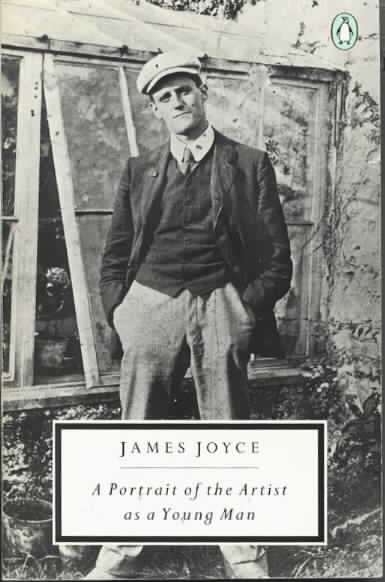
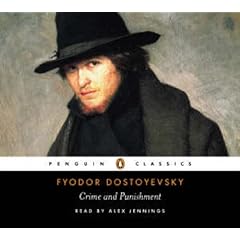 Crime and Punishment by Fyodor Dostoyevsky
Crime and Punishment by Fyodor Dostoyevsky
 Meditations on First Philosophy by Rene Descartes
Meditations on First Philosophy by Rene Descartes